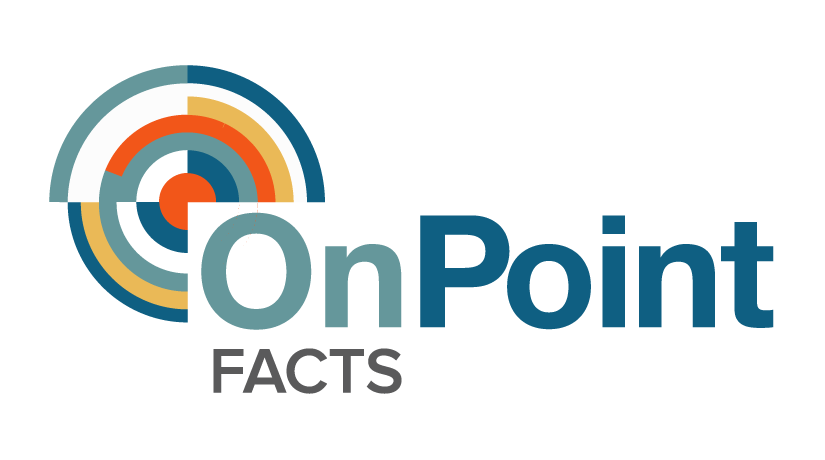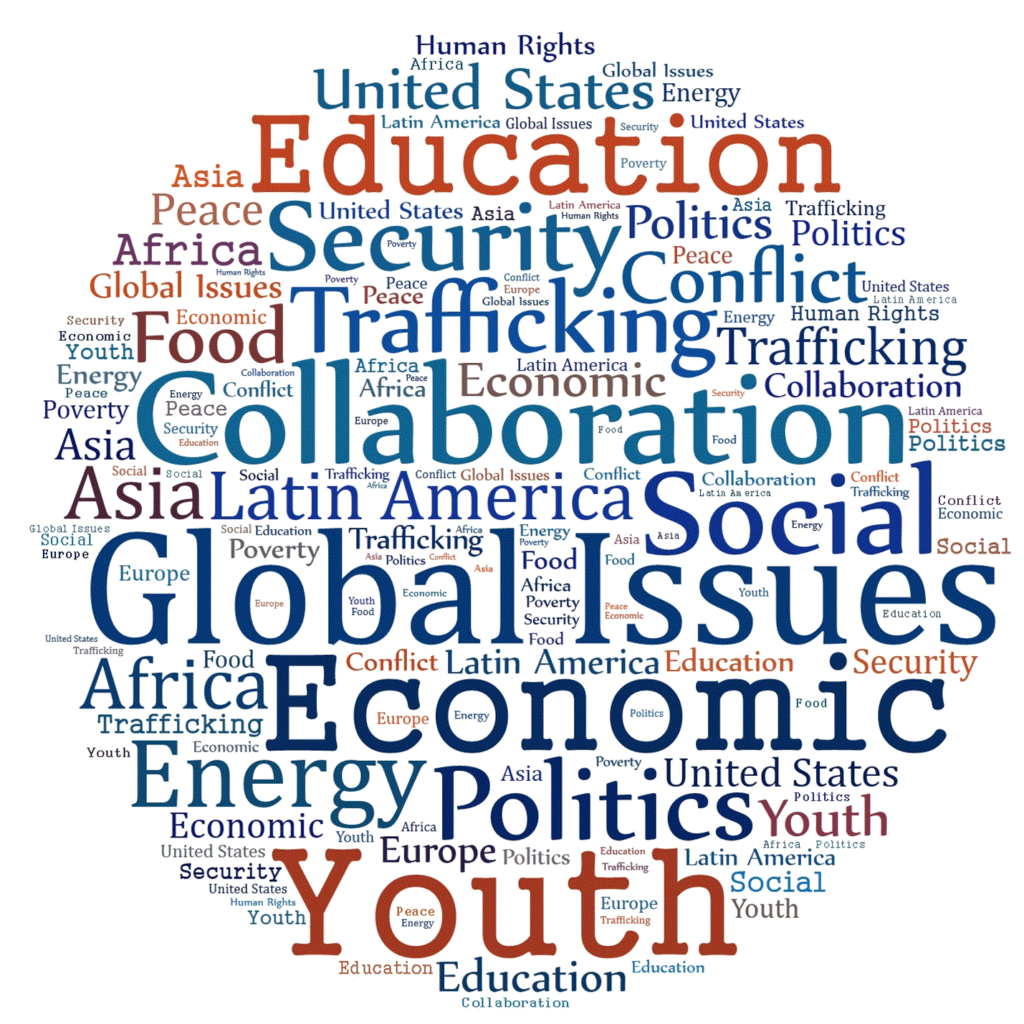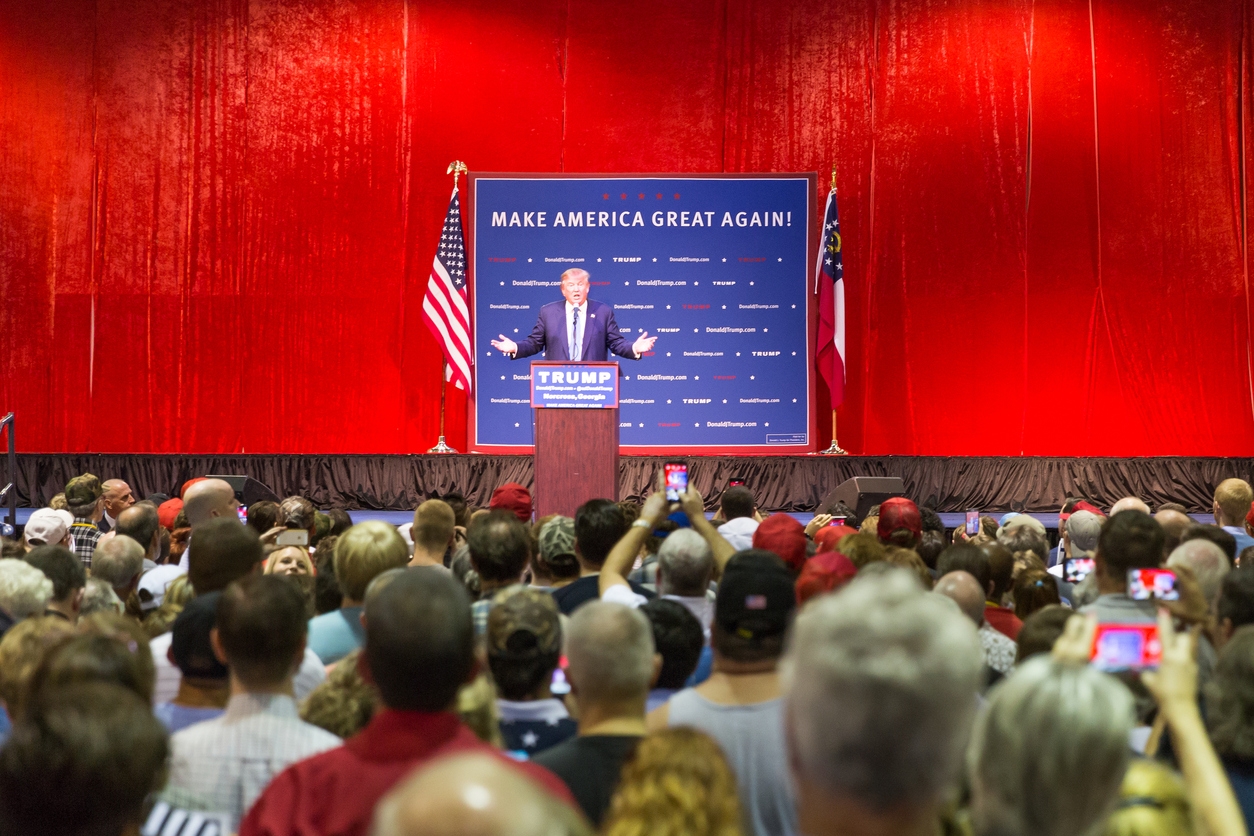
Does President of the United States Have Too Much Power?
Questions about whether the US president has too much power have been raised regularly since America’s very first days. Are you concerned that President Trump may have gone too far in overstepping his boundaries as the leader of the executive branch? Many people are questioning presidential power right now.
IMAGE SOURCE: NPR.com | Jim Watson/Getty Images

Questions about whether the US president has too much power have been raised regularly since America’s very first days.
Are you concerned that President Trump may have gone too far in overstepping his boundaries as the leader of the executive branch? Many people are questioning presidential power right now.
This makes sense; after all, our country was founded on the principles of limited executive power, a result of years of oppression of the colonies by King George III. The Constitution clearly lays out the powers granted to the president. Those powers include being Commander-in-Chief of the military and being able to nominate officials including heads of executive offices, as well as Supreme Court justices. The Constitution also gives the president the ability to grant pardons except for those involved in impeachable offenses, the ability to make treaties with foreign nations subject to a two-thirds majority approval in the Senate and the ability to fill vacancies when the Senate is not in session. Almost every one of these powers has been overstepped by presidents in the past.
Take, for example, the first power: the president is the Commander-in-Chief of the military. However, the document gives conflicting directions regarding war-making powers. Article 1, Section 8 allows Congress to declare war. In theory, this means that any time U.S. troops are involved in some sort of conflict, Congress should have voted to send troops to participate in the conflict, but this has not been true for some time.
The last time Congress declared war was in World War II. The Cold War conflicts of Korea and Vietnam come to mind, as well as the wars in Iraq and Afghanistan, when thinking about how much power the president has in sending troops internationally. There is a good case to be made that the president should not be able to unilaterally decide to send troops wherever he pleases.
Another instance in which the presidency has made a mockery of the Constitution is in the realm of treaties. The president has the power to make treaties with other nations provided two-thirds of the Senate agrees to ratify them so the president should make treaties agreeable enough to get the Senate to ratify them.
Perhaps the most egregious form of presidential power-grabbing is the rapid increase in the writing of executive orders since the early days of the Union. An executive order is “a directive from the President that has much of the same power as a federal law.” There is no mention of executive orders in the Constitution, and for good reason: The legislature is supposed to make the laws, not the Executive Branch.
In the early days of the Republic, presidents hardly used them: Jefferson only issued four in his eight-year tenure. President Trump is on track to issue 416 if he remains in office for eight years.
The Executive Power granted the President the power to appoint federal judges, ambassadors, and executive officers (with consent of the Senate). One other thing that the President gained as the chief executive is executive privilege. This meant that a President had the ability to retain confidentiality between him/her and their advisers. This is based off of the secrecy required to create treaties. It was not meant to protect a president accused of committing crimes against the nation to prevent those advisors from testifying against the president if they are subpoenaed.
Presidents have also played a major role in the Legislative Process with the power of the veto and pocket veto. A veto is the President’s ability to decline a bill that passed through Congress. A pocket veto is a veto that is automatically triggered if Congress passed a piece of Legislation ten days before the end of a session and the President does not act on it within those ten days. The legislative initiative, another example of the president’s “inherent powers,” is the ability to bring an agenda before Congress.
The U.S. executive branch has gained significant power over the years. While it is not quite as powerful as, say, King George’s tyrannical excesses were, it is still much more independently powerful than the Founders intended. This power-grab was an effort, perhaps exemplified most clearly in FDR’s era, to take over the powers of the legislature because of the perceived expertise of the president. But Congress represents the voice of the people and after all, this country was founded by the people, for the people. The president needs to recognize that Congress does a better job of representing the people than he does. The executive branch needs to take a step back and return to merely enforcing the rules, rather than making them.
Historical norms, not laws, govern much of what we think of as appropriate in regard to presidential conduct, making it especially hard to rein in a US president. For example, there is no law stopping a president from ordering the end of an FBI investigation, even when it’s to investigate the president
Only after American soldiers fought and died in the Vietnam War for nearly 20 years did Congress pass the War Powers Resolution of 1973, to “insure that the collective judgment” of Congress and the president would apply when US troops were put in harm’s way, or where hostilities could be “imminent.” It requires the president to get authorization from Congress in those situations.
US presidents are granted the right to sanction foreign companies and individuals through the International Emergency Economic Powers Act of 1977. Trump can lift many economic sanctions Obama imposed against foreign countries by a simple executive order. But in mid-June, the US Senate passed a bill that would impose stiffer sanctions on Russia, and require the president to get Congress’s approval before lifting them. The White House is lobbying for the provision requiring Congressional approval to be removed.
Thankfully, nearly 30 of our 50 states have rejected a request from Trump’s Presidential Advisory Commission on Electoral Integrity to provide names, addresses, voting records, birthdates, social security numbers, and party affiliations of registered voters. The commission was established to investigate voter fraud, which the Trump administration says was widespread in the last election but which local election authorities and elected officials from Republican and Democratic parties both deny. Both parties have an interest in recouping Congress’s legitimate powers; certainly the country has an interest in restoring a robust separation between the legislative and executive branches.
As Congress inches toward possible permanent legislative limits on presidential power, and state officials spar with the Trump White House, Trump has managed to wield plenty of authority.
Most significantly, Trump has overseen the most significant destruction and rollback of rules and regulations possibly ever conducted by a US president. After Congress voted in almost all of his cabinet heads, many have begun upending the departments they run, slashing employees and changing the agency’s purpose completely. Environmental Protection Agency Scott Pruitt, for example, is enlisting advisors from the fossil fuel and manufacturing industries to help make policies on pollution and dangerous chemicals. The EPA is already offering staff buyouts that are expected to cut thousands of jobs there, and Pruitt plans to set up a unit to challenge climate science.
Perhaps it’s time to accept that limiting executive power is a cause we should all fight for—no matter what side we’re on.

Does The Supreme Court Have Too Much Power?
Does The Supreme Court Have Too Much Power? This nation was founded with three branches of Government: executive, legislative, and judicial. It was designed that way so checks and balances were in place with the division of power across three separate...

Are you going to be 18 on or before January 5, 2021? Make History – Vote!
Are You Going to Be 18 On Or Before January 5, 2024? Make History - Vote! (Comprehensive voting information is below). Are you tired of the way politics play out and often don’t make effective or lasting change? Do you want to be represented by a Senator who will get...

Our Vote. Our Future.
Our Vote. Our Future.Our Country is in Chaos. We Must Unite this Great Nation. American workers have been the backbone of this country. They have sacrificed for this country. They built this country and have even died for this country. Too often their role has been...
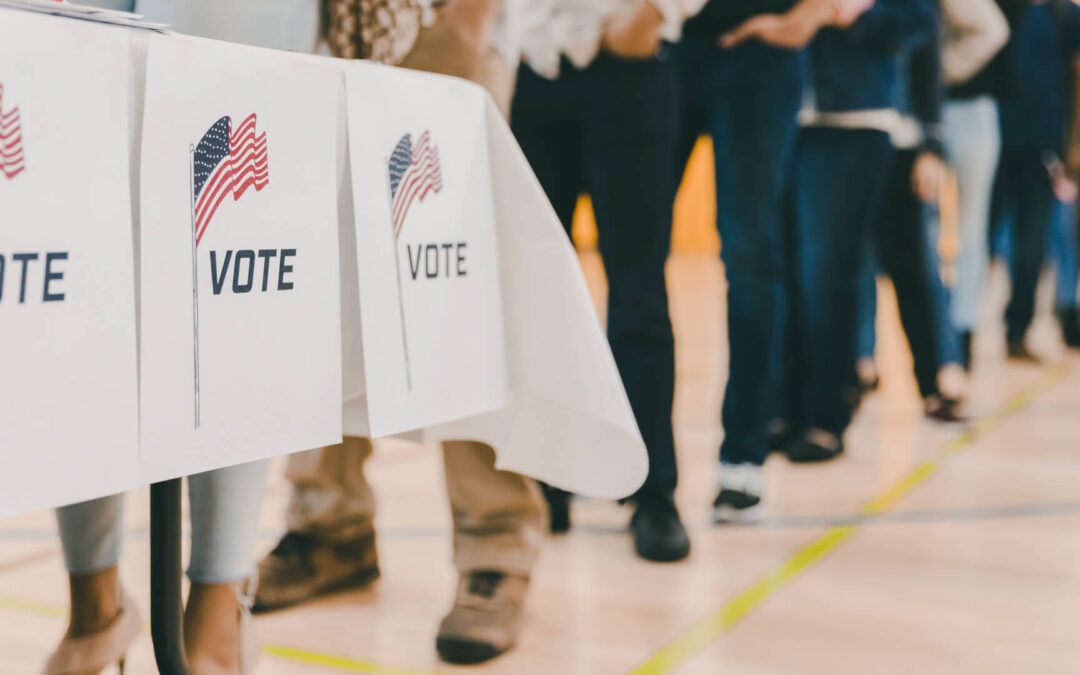
Does My Lone Vote Matter? Yes, ONE vote has changed history!
Does My Lone Vote Matter? Yes, ONE vote has changed history! One of the most common reasons people give for not voting in elections is that they feel their lone vote doesn’t make a difference. History, however, shows otherwise—especially when it comes to presidential...
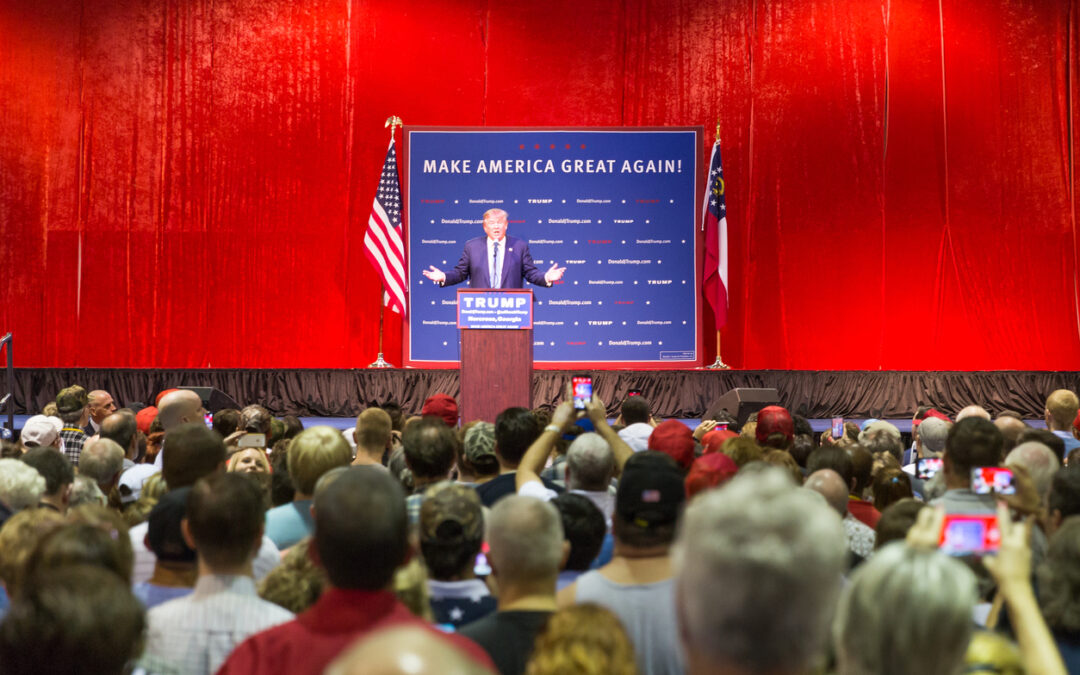
Does President of the United States Have Too Much Power?
Does President of the United States Have Too Much Power? Questions about whether the US president has too much power have been raised regularly since America’s very first days. Are you concerned that President Trump may have gone too far in overstepping his boundaries...

Your vote matters. Find out the impact your vote has!
Your vote matters. Discover the impact your vote has! OnPoint Facts What can you do to help reduce our global plastic waste? Other Voting Articles
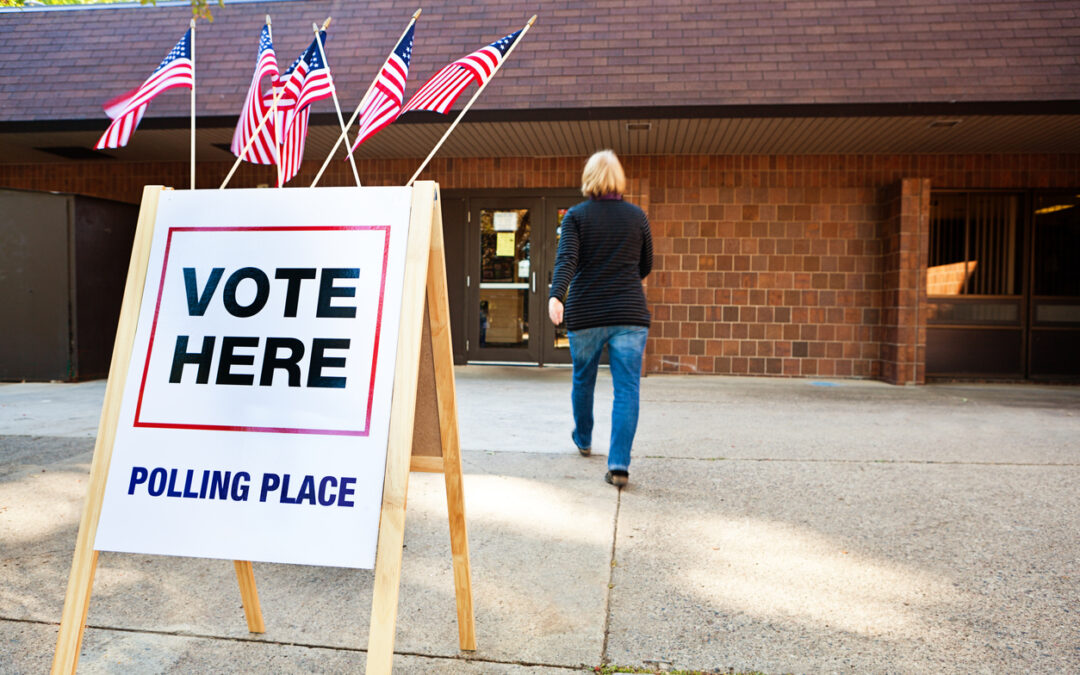
Ranked-Choice Voting might fix America’s dysfunctional politics
Voters should be able to vote for candidates they support; not just vote against candidates they oppose most. With ranked choice voting, you can rank candidates in order of choice without concern of how others will vote and who is more or less likely to win.

Are you registered to vote? Check your polling place here!
Are Your Registered to Vote? Check your polling place here!Voting in the United States is complicated, especially with different registration and voter deadlines from state-to-state. But there are may resources available to help you make sure you are registered, find...
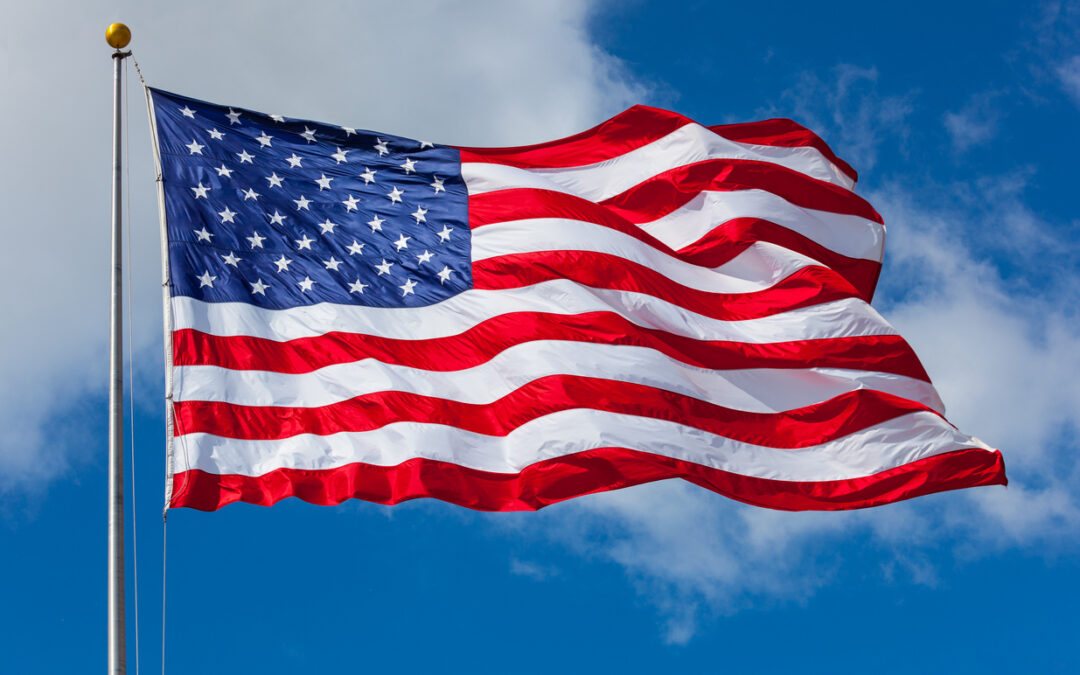
Voting in America. Shifting Tides.
As Americans, we expect our voices to be heard, our views to be respected, and our votes to truly count. It’s easy to see that something is broken in American politics.
